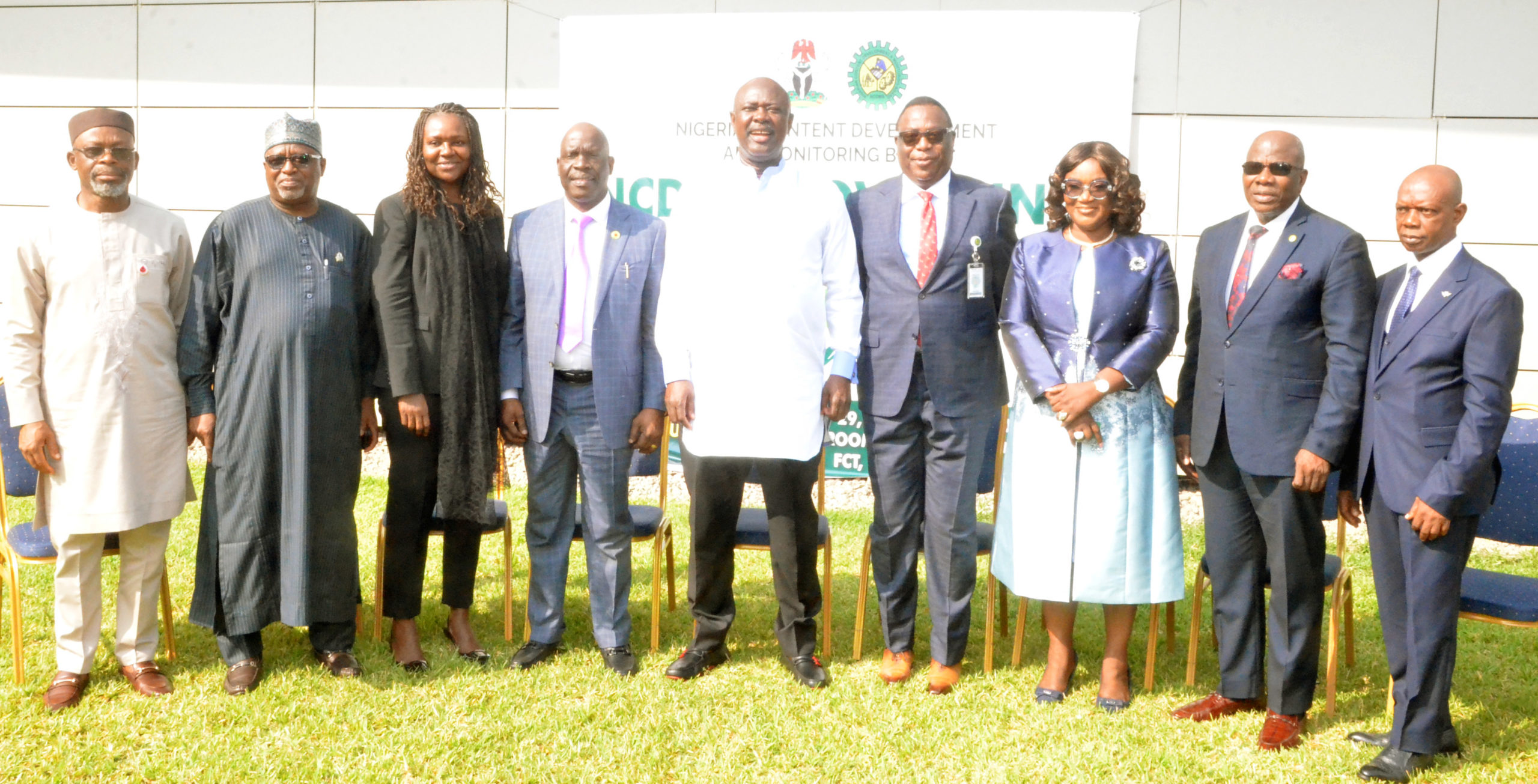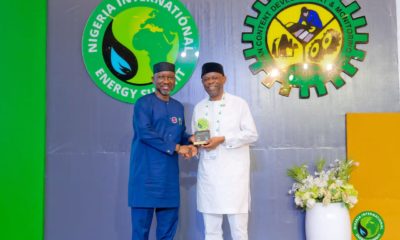Energy
FG Commissions Gas Leak Detection Device, Printed Circuit Board Facility
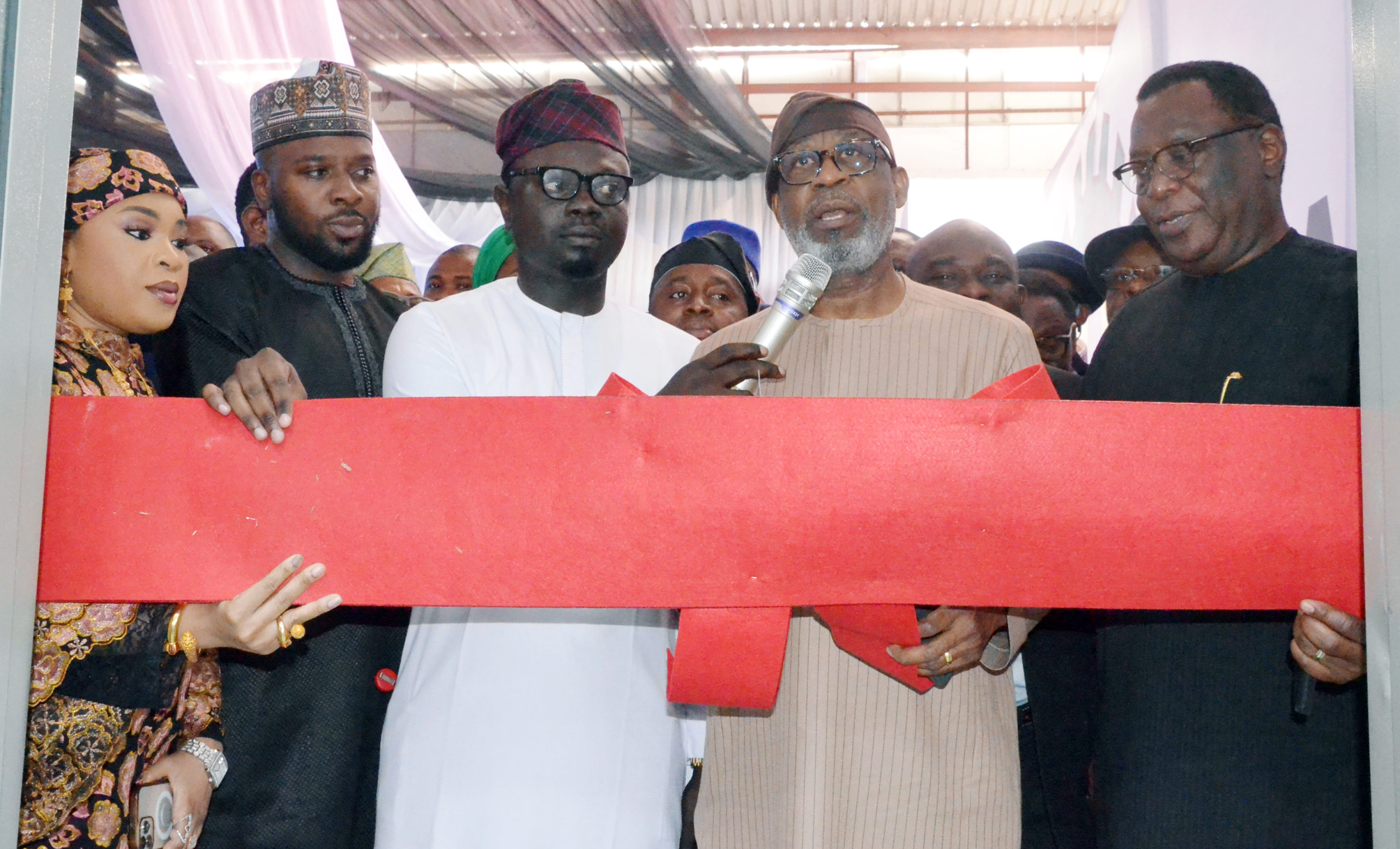
The Federal Government through the Nigerian Content Development and Monitoring Board (NCDMB) on Thursday marked a breakthrough in the research and development landscape of the Nigerian oil and gas industry with the commissioning of Amal Technologies Gas Leak Detection Device and Printed Circuit Board Manufacturing Facility at Idu, Abuja.
The Corporate Communications Department of the NCDMB made the disclosure in a statement circulated electronically on Thursday.
According to the statement, the commissioning was performed by the Minister of Solid Minerals, Dele Aleke, the Minister of State for Youth Development, Ayodele Olawande and the Executive Secretary, NCDMB, Engr. Felix Omatsola Ogbe.
Biztellers reports that the project was initiated by Amal Technologies Ltd, while the NCDMB backed it with financial and institutional support, under the leadership of the immediate past Executive Secretary, Engr. Simbi Kesiye Wabote.
Engr. Wabote spearheaded the Research and Development roadmap as a key element of Nigerian Content development in the oil and gas industry.
Minister of State for Petroleum Resources, Senator Heineken Lokpobiri described the commissioning as a significant landmark in Nigeria’s quest to promote a research culture through the nurturing of innovation-driven startup companies, adding that it represents a breakthrough in local manufacturing of electronic circuitry and devices.
Represented by the Director Upstream in the Ministry of Petroleum Resources, Engr. Kamoru Busari, the Minister noted that Amal Technologies was one of the proposals that have benefited from the NCDMB’s Research and Innovation intervention.
He indicated that the innovation adopted the Internet of Things (IOT) technology to introduce into the market a device that generates a short message system (SMS) and calls on the phones of homeowners in the event of a gas leak.
The facility equally has the capability for Printed Circuit Board (PCB) manufacturing, he added.
He expressed the view that the deployment of the gas leak detection device provided a significant safety tool that will accelerate the adoption of gas as a preferred source of energy for homes, transportation, and industry.
He further pointed out that the job creation potential of Amal Technologies is critical to the creation of a circular economy and aligns with Mr. President’s 8-point agenda for economic recovery.
In his keynote address, Engr. Ogbe stated that the smart gas leak detector research was just a proposal submitted to the Board in 2018.
He said, “the idea was nurtured through the NCDMB incubation process hosted in the Board’s Technology Innovation and Incubation Center (TIIC).
He affirmed that “the recurring menace of gas leaks and explosions leading to heavy losses in human lives, property damage, and pollution of the environment is the problem statement that the device seeks to address.”
According to the ES, Nigeria’s development priorities were trending towards gas-based industrialization with an exponential increase in gas utilization, hence it had become compelling to deploy safety and preventive tools such as the Amal smart gas leak detection to ensure the safety of lives and properties as citizens embrace gas usage.
Dwelling on PCB Manufacturing, the NCDMB’s new boss mentioned that electronics accounted for the largest online spending in Nigeria in 2022 and the Amal technology facility will provide the springboard for the replacement of imported PCBs with locally produced PCBs, in line with the Board’s vision to be the catalyst for the industrialization of the Nigerian economy and its linkage sectors.
“The facility will also generate employment opportunities, pay due taxes, and provide a critical platform for instrumentation and electronics-related Research and development,” he said.
On why the Board invested in Amal Technologies, he explained that NCDMB had developed a strategic roadmap and focussed on the establishment of dedicated funds to support Research, the inauguration of the Nigerian Content Research Council & Technical Advisory Board, and the establishment of Research centers of Excellence among others.
The need to focus on research commercialization, he added, is amplified in the NCDMB Technology Innovation and Incubation policy, which created the TIIC inside the Nigerian Content Towers Yenagoa.
The Chief Executive Officer of Amal Technologies, Shehu Tijani Abdullahi recalled how he secured the Board’s support for the project without having any prior relationship with any member of the agency’s management.
He averred that, “the NCDMB is not about having connections or knowing someone at the top. It is about a team of people that are dedicated to the success and progress of local content in Nigeria. Their firmness and dedication to local content continue to give me hope for the country of Nigeria.”
He noted that Amal Technologies had in three years, secured two patents and disrupted traditional approaches to research and development, expressing hope that with the full support of NCDMB, the company would make lasting contributions to various sectors of the economy, including oil and gas, power, agriculture, and beyond.
Beyond producing the Gas Detection device, the chief executive confirmed that the “facility has the capacity to produce over two million Advanced Smart Electric Meters— a significant contribution to the federal government’s National Mass Metering Program (NMMP). This initiative aligns with the company’s commitment to address the current challenges in electrical metering in Nigeria and supporting the government’s efforts to ensure a reliable and efficient power supply.”
He also stated that the facility holds immense potential for other sectors, including automobile manufacturing, medical advancements, telecommunications, agriculture, and more.
In his comments, the Director, Monitoring and Evaluation at the NCDMB, Abdulmalik Halilu remarked that the Board subjected the innovation to detailed regulatory processes and proof-of-concept checks before deciding to take equity in the project.
He mentioned that the business case showed that the facility had the potential to create over 400 jobs, from the conception to production stages and its annual turnover prospects is about N9.3bn. He confirmed that the project’s structure is sustainable and consistent, hinting that the Board soon would be unveiling similar innovations that it had incubated.
Energy
Sahara Group Urges More Refining, Storage To Boost Africa’s Downstream
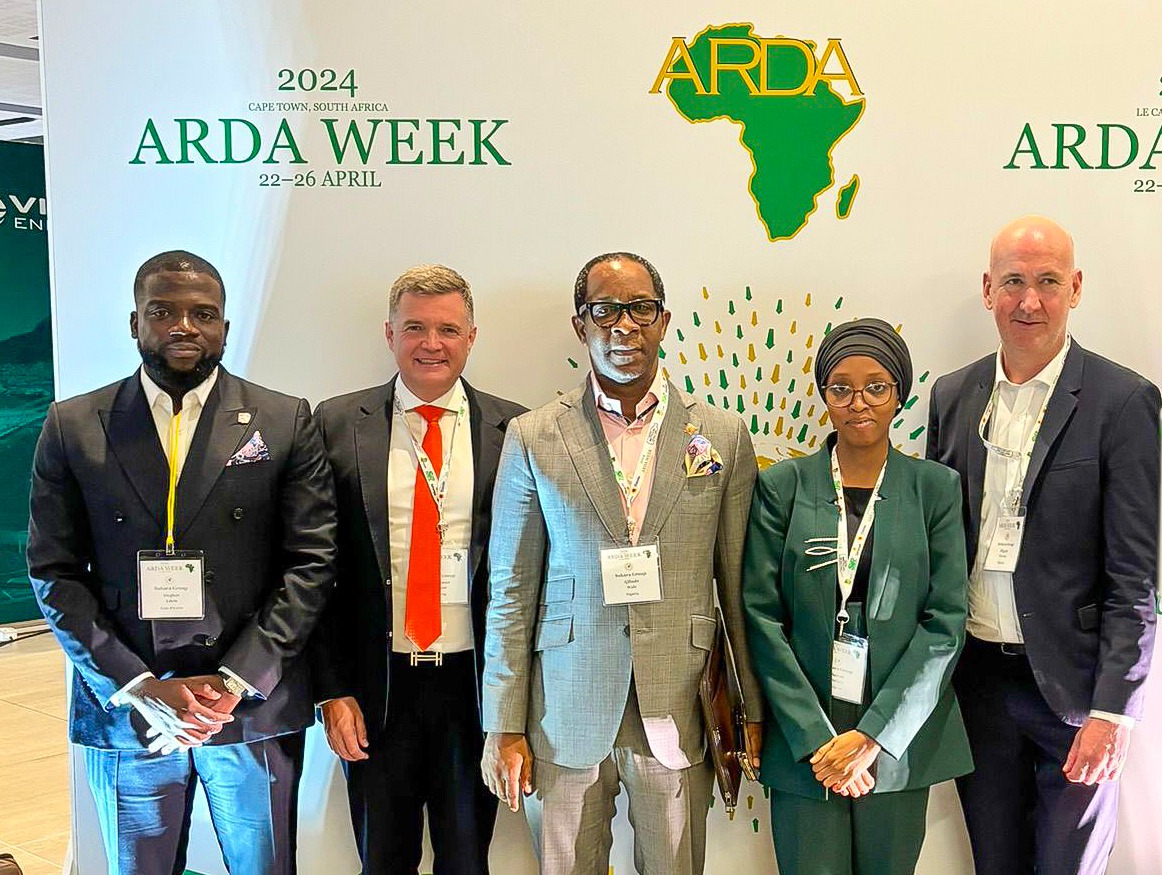
Inadequate refining capacity, insufficient storage, and impeded product movement across Africa are the three major impediments slowing the growth of the continent’s downstream oil sector, Wale Ajibade, Executive Director, Sahara Group has said.
Ajibade expressed his views in a paper “Africa Downstream Market Developments and Forecast” presented at the recently concluded Africa Refiners and Distributors Association (ARDA) Week 2024 in Cape Town, South Africa.
He maintained that addressing these gaps would transform Africa’s downstream petroleum industry.
Biztellers reports that the ARDA Week 2024 is Africa’s foremost gathering of stakeholders in the downstream oil industry.
Ajibade noted that shoring up the continent’s refining capacity was critical to sustaining efficiency, availability and accessibility in the sector.
He explained that as Africa explored ways of achieving hitch-free energy transition, efforts must be made to ensure optimisation of the sector’s value responsibly and collaboratively.
In his words, “Many African countries lack sufficient refining capacity to meet domestic demand, leading to heavy reliance on imports. This lack of self-sufficiency leaves these markets vulnerable to supply disruptions.
“Addressing this would require fresh investments and collaboration across the sector’s value chain.”
On insufficient storage infrastructure, Ajibade pointed out that this has continued to hamper the ability to maintain strategic reserves and ensure reliable supply during times of high demand or supply chain disruptions.
“In East Africa, shippers at Beira, Dar es Salaam and Mombasa — the key entry ports for refined products — are experiencing significant demurrage. Ageing and poorly maintained pipeline networks result in significant product losses and distribution bottlenecks,” he stated.
According to him, a collaborative solution which involves regulators, operators, investors, financial institutions, and government owned oil companies is required to help the African downstream sector to reach its full potential and provide reliable and affordable energy access to the continent’s growing population.
“Africa’s downstream Market leaders will need to work closely with her the various governments and agencies to carefully navigate the complex challenges through regulation and technology adoption while pushing for sustainable growth across Africa,” he added.
He also stated that the continent increasingly relied on imports of refined products to support consumption growth, primarily due to the underutilisation of existing refineries caused by technical issues.
He called for, “Investments in refinery upgrades, pipeline modernisation, and the construction of new storage facilities will be crucial to overcoming these challenges and unlocking the region’s energy security and economic development.”
Highlighting some positive trends in the sector, Ajibade said the African downstream market is experiencing rapid growth and transformation, driven by soaring energy demand, population growth, and the focus on industrialisation, urbanisation, and economic He explained that these would drive the demand for refined petroleum products, petrochemicals, and related downstream services is forecasted to grow by up to 30% by 2040.
“Africa is experiencing a lot of migration from rural to urban areas. In 2015, Africa had only six cities with more than five residents compared to 17 expected in 2030. Africa has experienced an increase in the number and capacity of industries across the continent, with industrial GDP set to double by 2025,” he said.
On the promotion of regional and cross-border trade, Ajibade noted that initiatives such as the African Continental Free Trade Area are promoting regional integration and facilitating cross-border trade in downstream products.
“This is encouraging investments in integrated downstream assets, logistical infrastructure, and harmonised regulatory frameworks to capitalise on the expanded market opportunities,” concluding that production of chemicals, plastics, lubricants, and specialty products would foster self-sufficiency and spur economic growth through increased job creation, reduced import reliance and enhanced technological innovation,” he added.
Energy
NNPC Ltd, Partner Unlock 12,000bpd Production From Awoba Unit Field
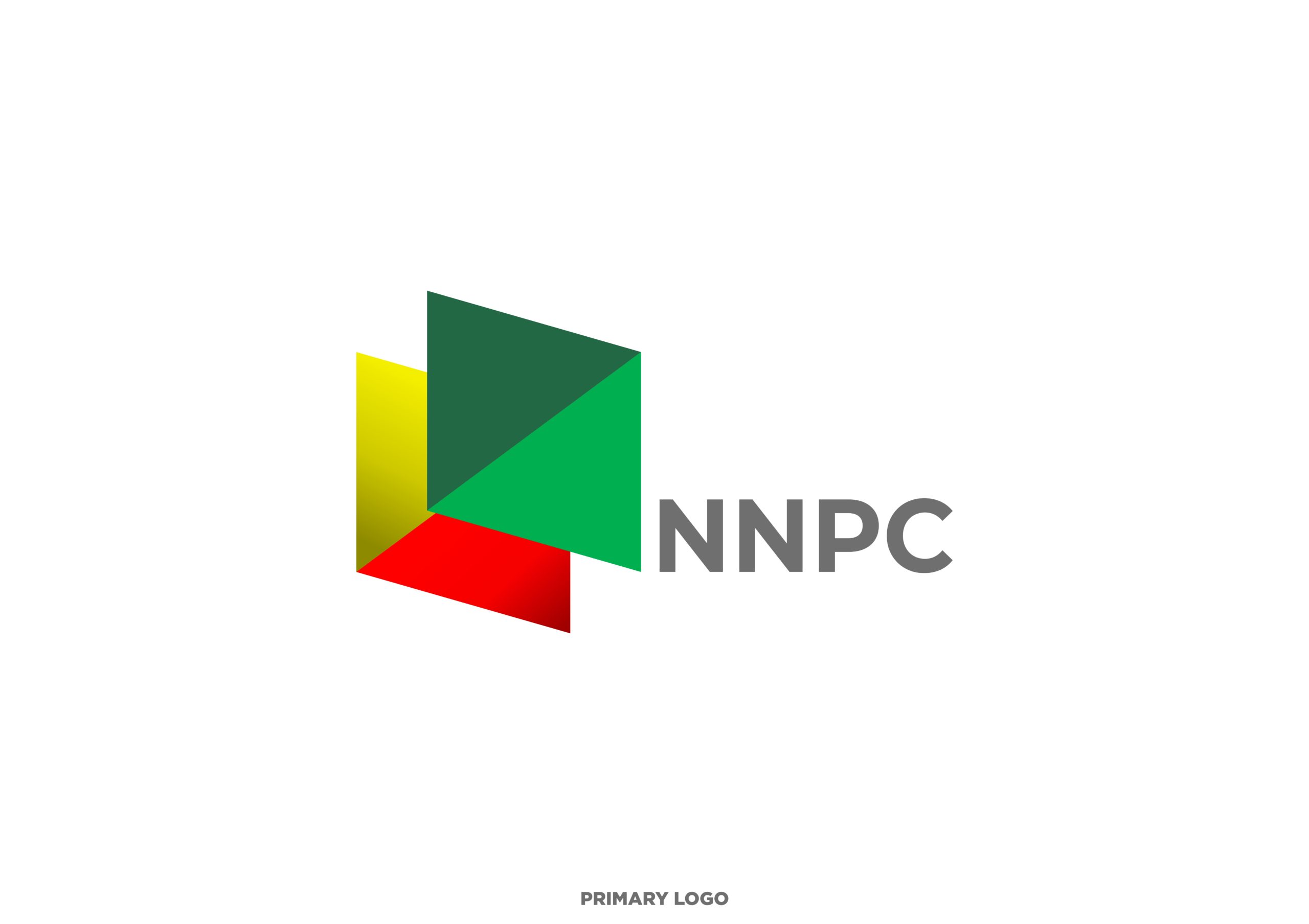
Keen on optimising production from the nation’s hydrocarbon assets to boost revenues and meet her OPEC production quota, the Nigerian National Petroleum Company Limited (NNPC Ltd.) and its Joint Venture partner in the Awoba Unit Field, Newcross Exploration and Production Ltd., have restarted production from the Awoba field which last contributed production to the Bonny Terminal in 2021 and was finally shut down in February 2022 due to evacuation issues and crude oil theft.
This was contained in a statement put out on the state oil company’s X handle on Tuesday from Abuja, under the signature of its Chief Corporate Communications Officer, Olufemi O. Soneye.
He asserted that since the restart of the Awoba field by NNPC Ltd and it partners on April 13, 2024; production from the field has averaged 8,000 barrels per day and is expected to plateau at 12,000 per day at full ramp up within 30 days.
Awoba is also expected to significantly boost gas supply to the power sector and other gas-based industries, Soneye added.
Biztellers reports that the Awoba Unit which straddles OMLs 18 and 24 is located in the mangrove swamp south of Port Harcourt, Rivers State. Both OML 18 and OML 24 assets are under the management of the NNPC Upstream Investment Management Services (NUIMS).
Recall that the NNPC Ltd. has been recording a string of production successes from the JV portfolio which have significantly lifted overall national production. Besides the recent start of production at the Madu Field by the NNPC Ltd/First E&P JV, the company has achieved the restart of production at OMLs 29 and OML 18 in late 2023 which have steadily contributed an average of 60,000bpd to the nation’s production output since their restart.
The Group Chief Executive Officer of NNPC Ltd., Mallam Mele Kyari, ascribed the achievement to the President Bola Ahmed Tinubu administration’s success in providing enabling operating environment for businesses to thrive.
He expressed appreciation to all stakeholders (staff, operators, host communities, government security agencies, and private security contractors) who played a pivotal role in achieving the feat.
Energy
NNPC Ltd, First E&P Achieve 20,000bpd Production At OML 85
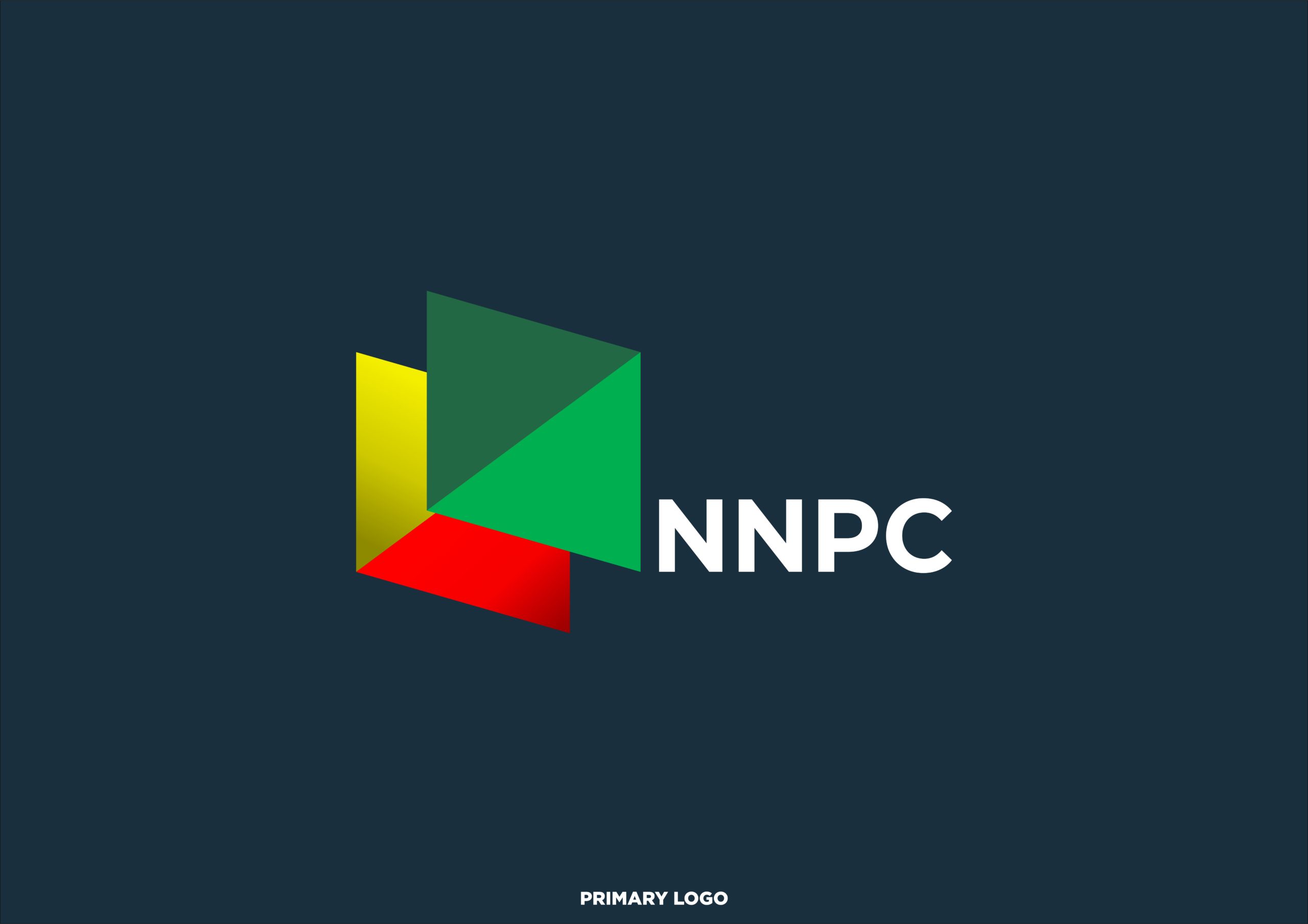
The Nigerian National Petroleum Company Limited (NNPC Ltd) and its Joint Venture partner in OML 85, First Exploration and Petroleum Development Company Limited (First E&P), have commenced oil production from the asset also known as Madu Field.
Biztellers reports that production from the field which is located in shallow waters offshore Bayelsa State and operated by First E&P is expected to be at an average of 20,000 barrels per day.
The achievement is a testament to the commitment of the President Bola Tinubu administration to optimise production from the nation’s oil and gas assets through the provision of enabling environment for existing and prospective investors.
According to the Group Chief Executive Officer of NNPC Ltd, Mele Kyari, the commencement of oil production at the Madu Field is a significant milestone that will contribute to the larger goal of meeting the production required to drive revenue growth and boost the nation’s economy.
He commended stakeholders for their support, and opined that the addition of 20,000 barrels per day by an indigenous oil player signals the commitment of stakeholders to achieving economic development for Nigeria.
Recall that the Final Investment Decision (FID) on the development of the Madu Field and a sister field, Anyala, was taken by the NNPC Ltd/First E&P JV in 2018.
Production from the Madu Field will be processed at the JV’s Abigail-Joseph Floating Production Storage and Offloading (FPSO) Unit, which has a crude oil storage capacity of up to 800,000bbls.




